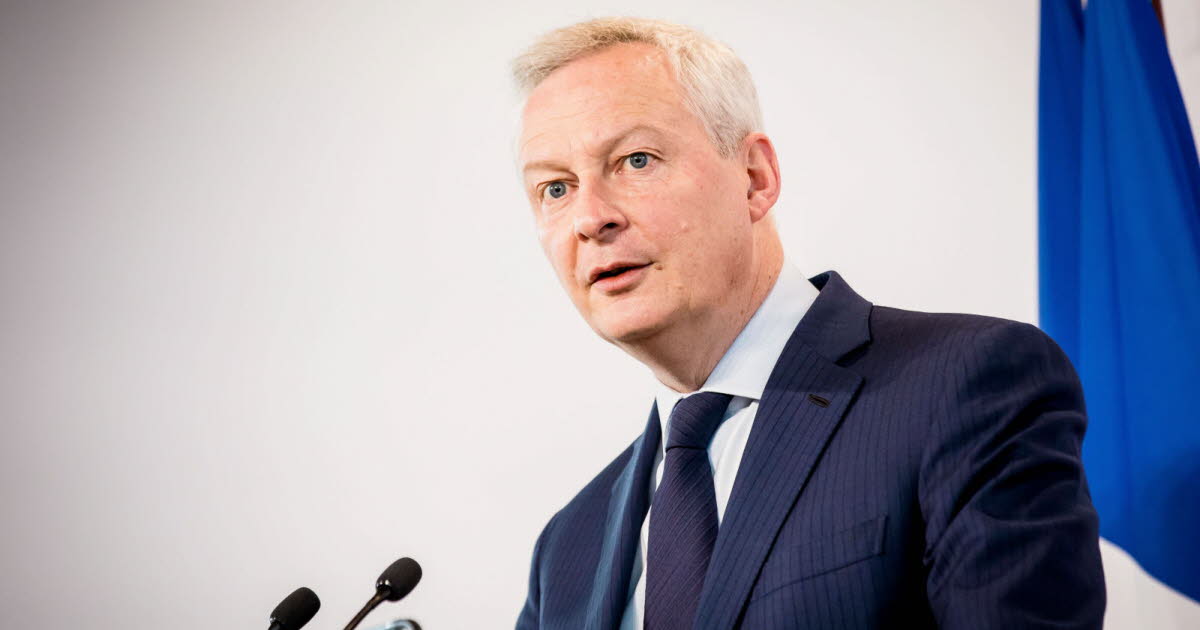French gross domestic product (GDP) rose 0.2% in the first quarter of 2024, boosted by household consumption and business investment, INSEE said on Tuesday. In addition, inflation slowed further in April to +2.2% over the year, according to preliminary results reported by INSEE on Tuesday.
Economy and Finance Minister Bruno Le Maire welcomed the figures, seeing them as a sign of the “solidity” of the country’s economy. “To all who want to believe that our economy is at a standstill: the facts are stubborn. French growth continues. This is a new sign that reflects the solidity of our economy. The government’s strategy is paying off,” he added.
Households consumed more
It is the first estimate published for the period by the National Statistics Office, which previously announced a lower forecast of zero growth between January and March. Even more optimistic, the Banque de France expected an increase of 0.2%.
In the last quarter of 2023, the French economy grew by 0.1%.
At the start of 2024, the country’s economic activity benefited from an acceleration in household consumption, which rose 0.4% after 0.2% in the previous quarter, on the back of a continued decline in inflation.
Revival of investment
The consumer price index certainly increased by 2.3% year-on-year in March, but significantly less than in February (3%), thanks to a slowdown in food and energy and industrial prices.
GDP was also supported in the first quarter by a recovery in investment (+0.3% after -0.9%), a number which, however, hides the opposite: if business investment continued to grow (+0.5% after +0, 8%), households remain in the negative zone (-1.5% to -2.1%).
The contribution of foreign trade is zero.
A delicate context for the government
Every tenth of a percentage point will count towards the government’s 1% annual GDP growth target, a forecast higher than that of major economic institutes.
The context is delicate for the executive, with the public deficit falling to 5.5% of GDP in 2023 compared to an expected 4.9%, mainly due to poor revenues.
However, the government has maintained its ambition to bring it below 3% of GDP in 2027, in line with European standards, a bank for growth and control of spending to restore public finances.




